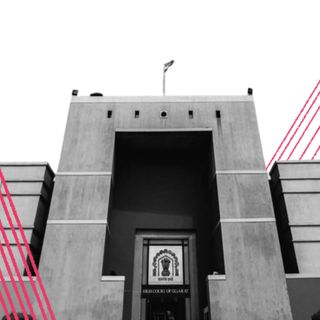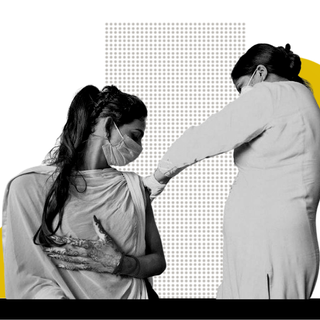There’s no difference between married couples and those in live-in relationships, both should thus enjoy the same rights to life and liberty, the Punjab and Haryana High Court said on Thursday.
The court was responding to a petition filed by a couple who feared personal safety — the family of one individual disagreed with their relationship and threatened physical harm. The couple sought police protection but reportedly received no response. The Haryana State counsel, arguing against their right to protection, said that “live-in relationships are not legal and are frowned upon by society.”
Justice Sudhir Mittal, however, granted protection to the couple, drawing a comparison between live-in relationships and marriages where the couple faces resistance from families.“The only difference is that the relationship is not universally accepted. Would that make any difference?… The couple fears for their safety from relatives in both situations and not from the society. They are thus, entitled to the same relief. No citizen can be permitted to take law in his own hands in a country governed by Rule of Law,” he said, according to Bar and Bench.
“Individual also has the right to formalize the relationship with the partner through marriage or to adopt the non-formal approach of a live-in relationship,” Justice Mittal noted.
However, just last week, two different benches of the Punjab and Haryana High Court passed opposing verdicts last week, vilifying the idea of live-in relationships and refusing protection to couples. Such relationships are “morally and socially unacceptable,” Justice H.S. Madaan said in the judgment on May 11. Justice Anil Kshetarpal echoed a similar sentiment, noting “if such protection as claimed is granted, the entire social fabric of the society would get disturbed,” in a separate case on May 12.
Related on The Swaddle:
Consenting Adults Have the Right to Cohabit Without Family Harassment, Says Allahabad High Court
The judgments reflect the social and legal tussle towards the idea of two adults living together consensually. Socially, couples face harassment by family members, along with the threat of honor killings. Offering protection to couples thus becomes an important validation of their rights and dignity. “The order [May 12] suffers from several problems, not the least of which is an undefined, and the extremely subjective, idea of “social fabric,” Shivank Singh wrote in The Leaflet.
Several legal precedents have observed over the years that live-in relationships do not amount to offense and individuals involved in such partnerships should get equal legal protection as any other citizen. In a landmark case from 2010, the Supreme Court held that a live-in relationship comes within the ambit of the right to life under Article 21; the act of two adults living together cannot be considered illegal or unlawful.
The definition of a domestic relationship is also notable under the Protection of Women from Domestic Violence Act, 2005: “two persons who live or have, at any point of time, lived together in a shared household, when they are related by consanguinity, marriage, or through a relationship in the nature of marriage, adoption or are family members living together as a joint family.” The legal framework was critical in shaping the idea of relationships, by acknowledging domestic violence in relationships beyond marriage — even those “in the nature” of marriage.
In a similar vein, in the present case, Justice Sudhir Mittal noted the Constitution protects the right to life and liberty of individuals. People have the right to “full development of their potential” and for that purpose, had the right to choose a partner of their choice. Moreover, the concept of live-in-relationships, Justice Mittal notes, has risen in popularity “probably because individuals felt that formalization of a relationship through marriage was not necessary for ‘complete fulfillment.'”
“The law postulates that the life and liberty of every individual is precious and must be protected irrespective of individual views,” he said.




